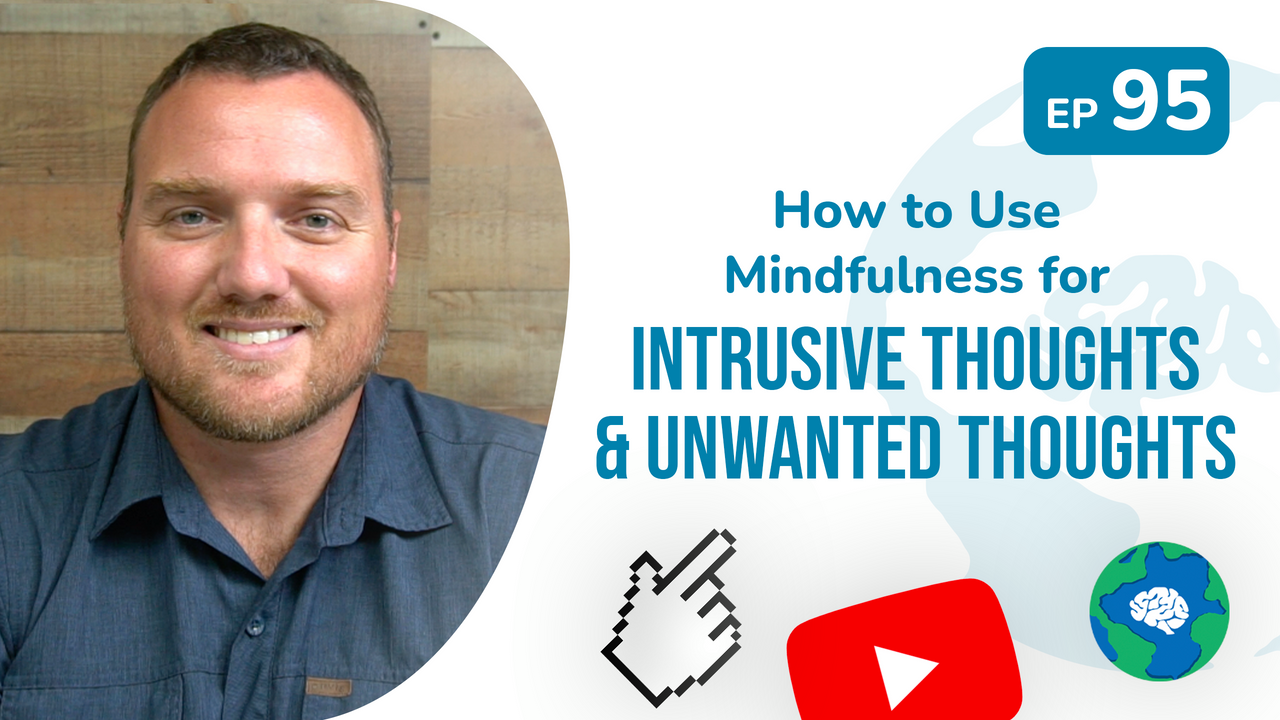How to use Mindfulness for Intrusive Thoughts & Unwanted Thoughts
Jun 25, 2021
Mindfulness for Intrusive Thoughts & Unwanted Thoughts: A Practical Guide
The Paradox of Mindfulness
Many people attempt to use mindfulness to eliminate intrusive thoughts quickly discover that it doesn’t work as they expected. It’s important to clarify that although mindfulness doesn’t inherently solve the problem instantaneously, it offers significant benefits when practiced correctly.
What is Mindfulness?
Mindfulness, according to Jon Kabat-Zinn, involves paying attention on purpose in the present moment, non-judgmentally. This practice, rooted in Eastern philosophy and Buddhism, has practical applications that can transform how we handle anxiety and intrusive thoughts.
The Power of Mindfulness in the Present
When dealing with anxiety, the issue often lies with the stories we create around our thoughts. For example, having one intrusive thought may lead us to fear a countless number in the future, creating unnecessary overwhelm.
Mindfulness helps us stay grounded in the present moment, allowing us to:
-
Handle One Moment at a Time
: By focusing on the here and now, we stop future-pacing our anxieties.
-
Be Non-Judgmental
: Judging our thoughts as bad or unwanted conflicts with the practice of mindfulness.
If we approach mindfulness with the intention of stopping intrusive thoughts, we’re already not being mindful. Hence, the paradox: you can’t use mindfulness to achieve a non-judgmental state if you’re starting from a point of judgment.
Applying Mindfulness and Other Tools
Mindfulness should be practiced in conjunction with other cognitive-behavioral techniques, such as the AAA response. This combination can offer more effective long-term relief from obsessive thoughts and anxiety. Our program at Restored Minds includes extensive resources, including the AAA response and ERP (Exposure and Response Prevention).
Practical Tips for Mindfulness
-
Practice Daily
: Incorporate short sessions of mindfulness each day.
-
Focus on the Present
: Keep bringing your attention back to the present moment.
-
Let Go of Judgment
: Practice observing your thoughts without labeling them as good or bad.


